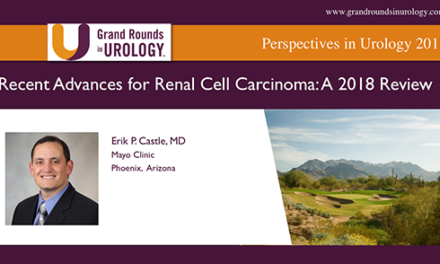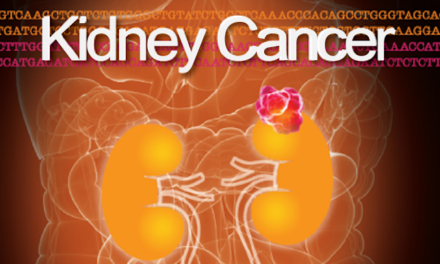
Clinical outcome of patients with metastatic Renal Cell Carcinoma (mRCC) progressing on front-line combination regimens that include checkpoint inhibitors
Abstract
There are multiple clinical trials in mRCC investigating different combination (COMBO) regimens that include checkpoint inhibitor(s). The clinical outcome of patients on systemic therapy after these COMBO regimens remains undetermined.
Patients with advanced, clear-cell mRCC enrolled in one of seven clinical trials investigating a COMBO regimen at two different institutions (Cleveland Clinic Taussig Cancer Institute, Barts Cancer Institute) were retrospectively identified. Baseline characteristics and clinical outcome of subsequent therapy including best objective response according to RECIST v1.1, progression-free survival (PFS) and adverse events using CTCAE v4.0 were collected.
From a total of 89 patients enrolled, 34 patients had RECIST-defined progressive disease (PD) on COMBO. Six patients were excluded from this analysis (5 patients remained on all/part of the COMBO regimen after coming off trial and 1 patient died before starting subsequent therapy). Twenty-eight patients, median age 58 (41-77), 86% male, 71% ECOG 0, 54% IMDC intermediate risk, were thus identified who were treated with at least one line of subsequent systemic therapy.
Prior COMBO regimens included atezolizumab/bevacizumab (n=17), nivolumab/ipilimumab (n= 10) and axitinib/avelumab (n=1). Approximately two-thirds of patients (68%) had prior nephrectomy, and the most common sites of distant metastases included lung (79%), lymph node (57%) and bone (36%). All except one patient received COMBO in the front-line setting.
All patients received one subsequent therapy (axitinib n=15; pazopanib n=7; sunitinib n=3; cabozantinib n=3) after progression on COMBO, eleven patients were treated with a second subsequent therapy and five patients were treated with 3 or more subsequent lines of treatment. For patients with available response (n=23), the overall best response for the first subsequent therapy was PR (22%), SD (52%) and PD (13%). Median PFS for the first subsequent therapy after COMBO was 6.4 months (CI 95% 4.6-8.2) with 6 patients remaining on treatment. The median PFS for patients previously treated with a combination of immune-VEGF was 5.6 months (CI 95% 3.2-8.0) and 7.6 months (CI 95% 4.2-11.0) for patients treated with prior combination immunotherapy (p=0.303). The most frequent treatment-related adverse events (G3/4) observed with first subsequent therapy were diarrhea (7%) and LFT elevation (7%). Two patients discontinued treatment due to toxicity.
VEGF-TKIs have clinical activity in mRCC refractory to COMBO therapy, possibly impacted by the mechanism of prior COMBO therapy. Subsequent therapy was in general well-tolerated.
Authors: Barata, Pedro | Gomez de Liano, Alfonso | Mendiratta, Prateek | Szabados, Bernadett | Crolley, Valerie | Wood, Laura | Zanick, Beth | Allman, Kim | Tyler, Alison | Martin, Allison | Gilligan, Timothy | Grivas, Petros |Ornstein, Moshe | Garcia, Jorge | Powles, Thomas | Rini, Brian
Journal: Kidney Cancer, vol. 2, no. s1, pp. I-S50, 2018



